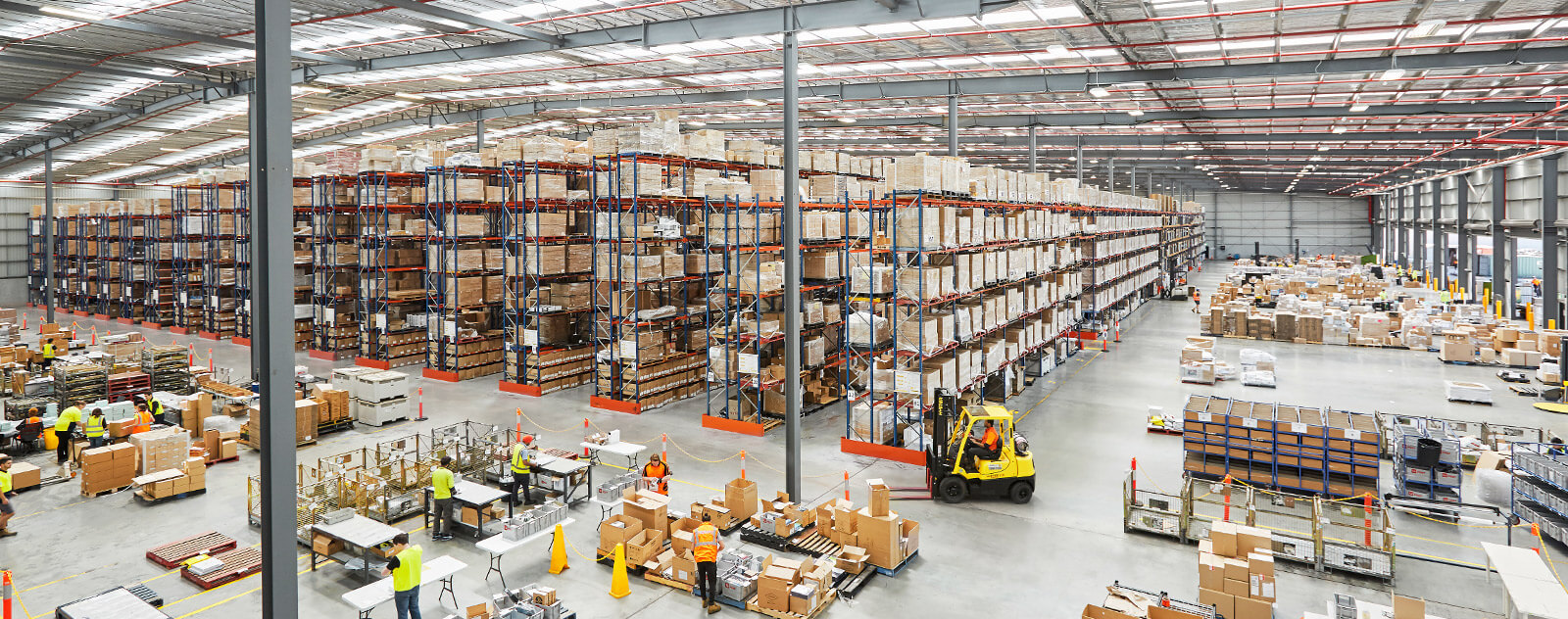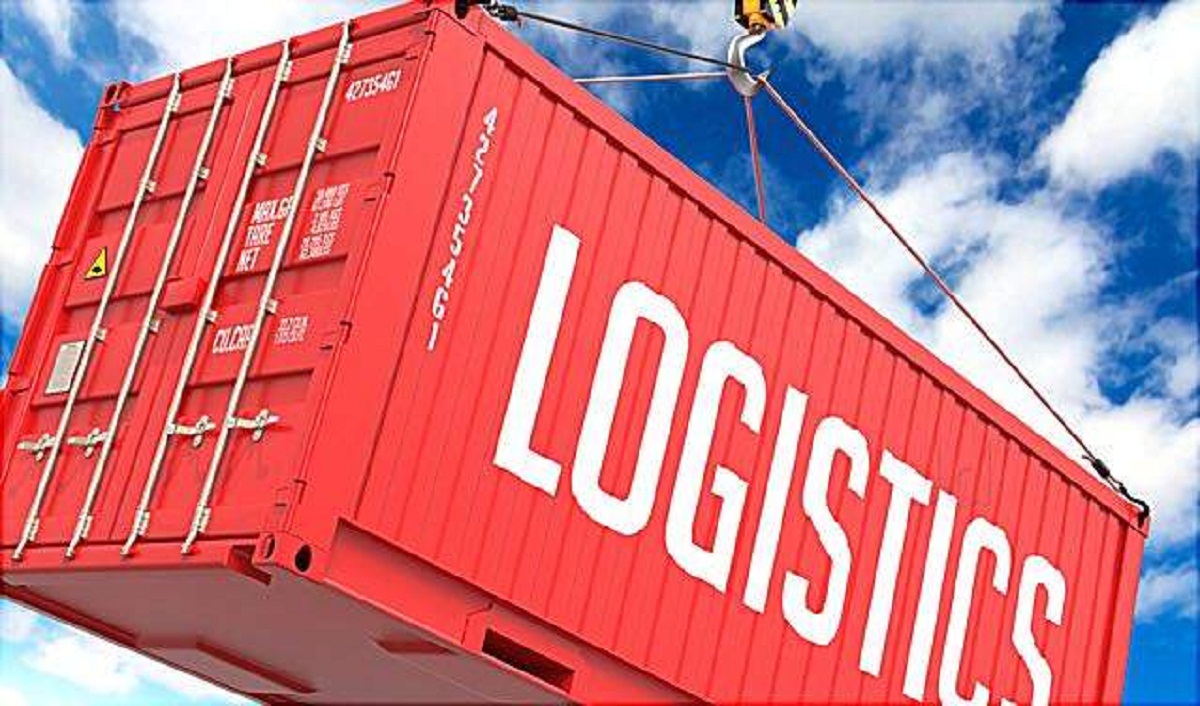The Role of Logistics Management in The Retail Industry
What is Retail Logistics?
All inbound and outbound activities that result in the movement of finished items from a company’s end customer to a company’s retail logistics are covered. A solid retail logistics plan is essential to run a viable direct-to-consumer (DTC) business.
Retail logistics solutions consist of five components:
Inventory management: It is organizing and tracking inventory levels and forecasting future needs. Warehousing is the management of inventory storage in a company’s warehouse.
Transportation management: This part plans and executes the transport of goods from and to retail locations.
Fulfillment of orders: This is responsible for packing and shipping orders to customers.
Management of returns: This is responsible for returning goods to customers.
Logistics and its importance in the retail industry
Retail is an ever-changing, fast-moving industry. You don’t have to shop in person on the high street anymore. E-commerce is here, and it’s a huge economic boon. Retail businesses must do more than stock up on store shelves. They must order, find and package hundreds or even thousands of products daily to fulfill orders.
Retailers cannot rely on their connections in-store; logistics is how retailers present brands to customers. It must be positive and appropriate to build long-lasting brand loyalty. Customers expect retailers to be prepared and consistently stocking products, whether shopping online, next-day delivery, or in-store.
How Retail Logistics Works
Retail logistics is about ensuring that customers get the right items on time. Businesses need to be able to manage logistics, order fulfillment, and warehouse management.
Purchasing Inventory
Businesses can avoid product shortages by purchasing inventory. Sufficient stock of goods is necessary to meet customers’ needs to buy products anytime. A successful buying process is the first step to successful logistics in retail.
Receiving and processing inventory
Once the merchandise has been procured, it must first be received, unpacked, and processed before it can be stored in the warehouse. This involves quality control to make sure that the products meet company standards.
Distribution of Inventory
Next, the supplier must get the inventory to the retail locations. Goods can be transported in many different ways. This part of retail logistics can be made more accessible by a logistics partner with access to many warehouses.
Order Fulfilment
We ensure that the product is available for shipment after a customer order. Depending on the business, order confirmation emails may be sent. These emails contain information about the order that customers wish to view.
Inventory Management
The logistics industry is dependent on inventory management and tracking. This stage assists businesses in keeping track the inventory levels and replenishment requirements. You can track inventories and monitor them simultaneously to give your customers shipment updates.
Orders for Delivery
Too quickly, inventory is shipped to distribution centers for products to reach customers. One of the most important but challenging aspects of logistics is shipping. It is because many things can go wrong during shipping, including item loss, delays, delivery to an incorrect address, or damage.
Returns Management
You must manage your returns properly if you want your business to run smoothly. Companies without a functioning return policy risk losing money and customers.

Logistics: How the Retail Industry Benefits
The retail industry would cease to exist without logistics. Without logistics, no products would reach shops, and customers would go home empty-handed. Logistics is essential for the retail industry. However, effective logistics can also provide many benefits.
Streamlined Supply Chain Management
Logistics is only one aspect of the whole supply chain management. It includes the involvement of many businesses and players in creating, supplying, and transporting products from start to finish. Logistically, all aspects of the supply chain must be managed precisely and within a set timeframe to ensure orders are fulfilled, customers are satisfied, and perishable products do not spoil upon arrival.
Fast delivery
Retailers can ensure that their products arrive faster and more directly by using strategies for product shipping and researching the best couriers and routes. A well-planned logistics plan can reduce supplier, store, and customer shipping times.
Inventory Management
Retailers can track inventory and organize it efficiently using logistics management software. Effective logistics management takes the guesswork out of order fulfillment and store inventory.
Cost-effectiveness
The more efficient a retail operation’s processes are, the lower the overall logistics cost. Whether a retailer uses a third-party logistics provider (3PL) or streamlines the process internally doesn’t matter. It will be cost-effective.
When a third party can handle it all, why hire warehouse workers, store space, and invest in new solutions? 3PLs allow retailers to focus on their business’ smooth running and future growth without compromising customer service or delivery.
Simple returns
It’s something that everyone has done. It could be buying the wrong shoe size, receiving a damaged product, or thinking that a new fashion trend needs to be corrected for you. Customers love it when products can be returned quickly.
Customers will be happy if they have a clear return policy with a dedicated logistics department to handle returns. Professional logistics will increase the likelihood that the correct product will reach the right person in the best condition. It reduces the need to return.
Reduce Risk
Retailers that are not organized may have trouble with holiday sales spikes and low-margin months. Still, companies with well-planned logistics and supply chain management can handle these situations quickly. Proven logistics systems are a reliable way for retailers to provide failsafe that protects against risk and preserve their bottom line.
When done correctly, retail logistics can help reduce worries about the shipment of incorrect products, whether goods arrive on time, or whether there are enough stock levels. Retailers can minimize the risk by planning and having confidence in their ability to satisfy their customers.
Customer experience improvement
Retailers care most about the customer. Customers don’t care much about logistics. They care more about product quality, price, and quick delivery. Retailers can be successful in logistics by achieving low prices and fast delivery to please customers. The happier the customer, the better the logistics. Higher sales and loyalty are generated when customers are satisfied.
Conclusion
With the development of technology, retail logistics is a competitive area full of opportunities. To grow further in this fast-paced industry, retail companies need to think carefully about distribution and logistics before the industry changes dramatically.
Related Articles

Why Should You Change Your Current 3PL Service Provider? When Is The Right Time to Change?

The Role of Logistics Management in The Retail Industry